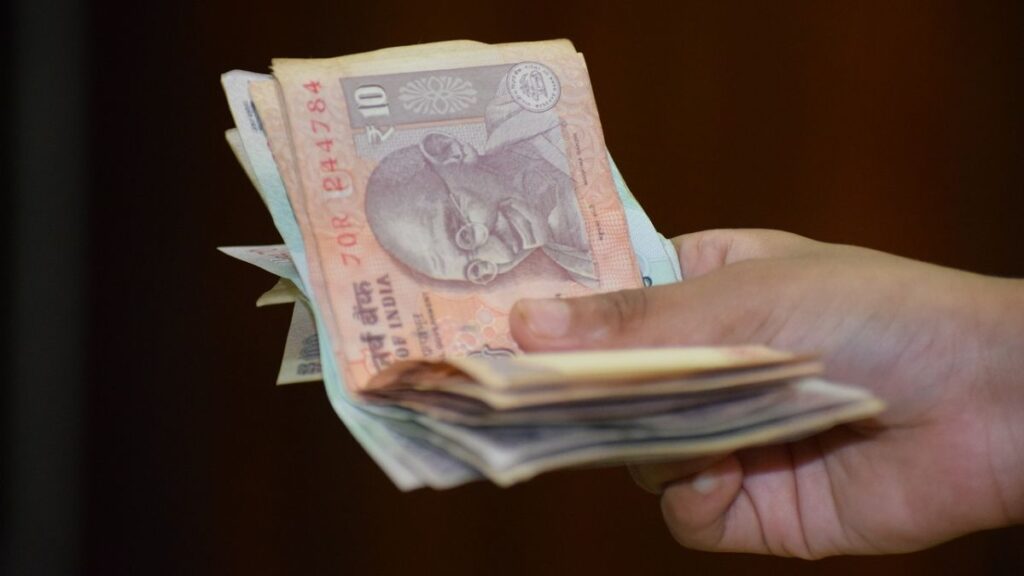The Goods and Services Tax (GST) Council has proposed increasing the GST rate on sin goods such as tobacco, aerated drinks, and similar products from 28% to 35%. Sin goods are taxed heavily to discourage consumption and address public health concerns.
The new rate is part of the government’s efforts to:
- Curb lifestyle diseases like cancer, diabetes, and obesity.
- Generate additional revenue from products with inelastic demand.
- Align with public health initiatives.
What Are Sin Goods?
Sin goods are products deemed harmful to individuals and society. Common examples include:
- Tobacco and its related products.
- Aerated beverages.
- Luxury cars.
- Pan masala.
These goods currently attract:
- 28% GST
- Additional cess ranging from 11% to 290%, depending on the product.
Proposed GST Changes: Key Details
- The 35% GST rate would be the highest among GST slabs.
- Tobacco and aerated drinks are likely to be the primary targets.
- The cess on tobacco may continue despite the rate hike.
- The government aims to strike a balance between discouraging harmful products and generating revenue.
Impact of the GST Hike
1. Public Health
- Higher taxes discourage consumption, particularly among price-sensitive groups.
- Could lead to a decline in lifestyle diseases caused by these products.
2. Revenue Generation
- Sin goods exhibit inelastic demand, meaning their consumption remains relatively steady even with price hikes.
- The government expects significant revenue gains to fund health and welfare programs.
3. Industry Impact
- Manufacturers of sin goods may face reduced profit margins.
- Potential for decreased sales due to higher retail prices.
4. Consumer Behavior
- Consumers might switch to cheaper alternatives or reduce overall consumption.
Current GST Framework
| Tax Slab | Products Included |
|---|---|
| 0% | Essential goods like unprocessed food items. |
| 5% | Necessities like edible oil, sugar, and medicines. |
| 12% | Packaged food items, textiles, and some electronics. |
| 18% | Consumer electronics, air conditioners, etc. |
| 28% | Luxury and sin goods like cars, tobacco, and aerated drinks. |
Why the GST Hike Matters
- Revenue Growth: The increased tax will boost government earnings and reduce reliance on compensation cess.
- Behavioral Change: Higher prices could deter consumers from purchasing harmful products, fostering healthier habits.
- Economic Considerations: The move aligns with global trends of taxing sin goods heavily to fund health initiatives.
Future Implications
The government may consider applying similar tax hikes to other industries, including:
- Plastics.
- Junk food.
- Vape and e-cigarettes.
- Electronic waste.
Conclusion
The GST hike to 35% on sin goods is a dual-purpose move: safeguarding public health and strengthening government revenue. While it poses challenges for manufacturers and consumers, its long-term benefits are aligned with public welfare objectives.
Click here to know more.
Disclaimer:
This article is for informational purposes only. For personalized financial or tax advice, consult a professional

